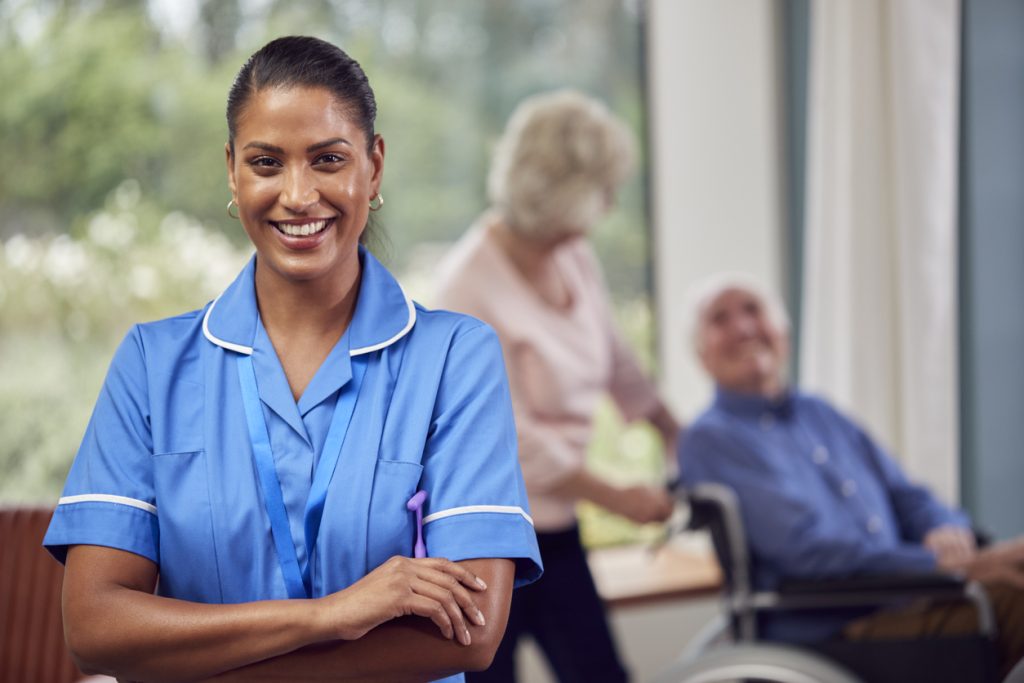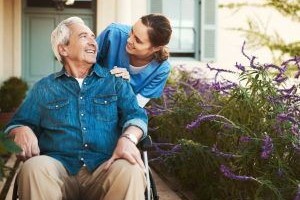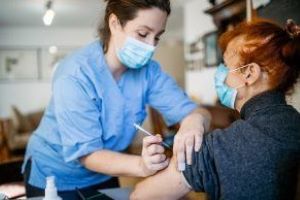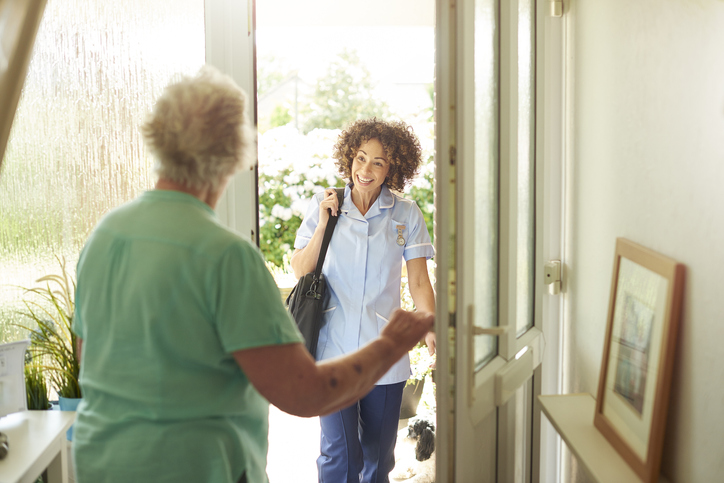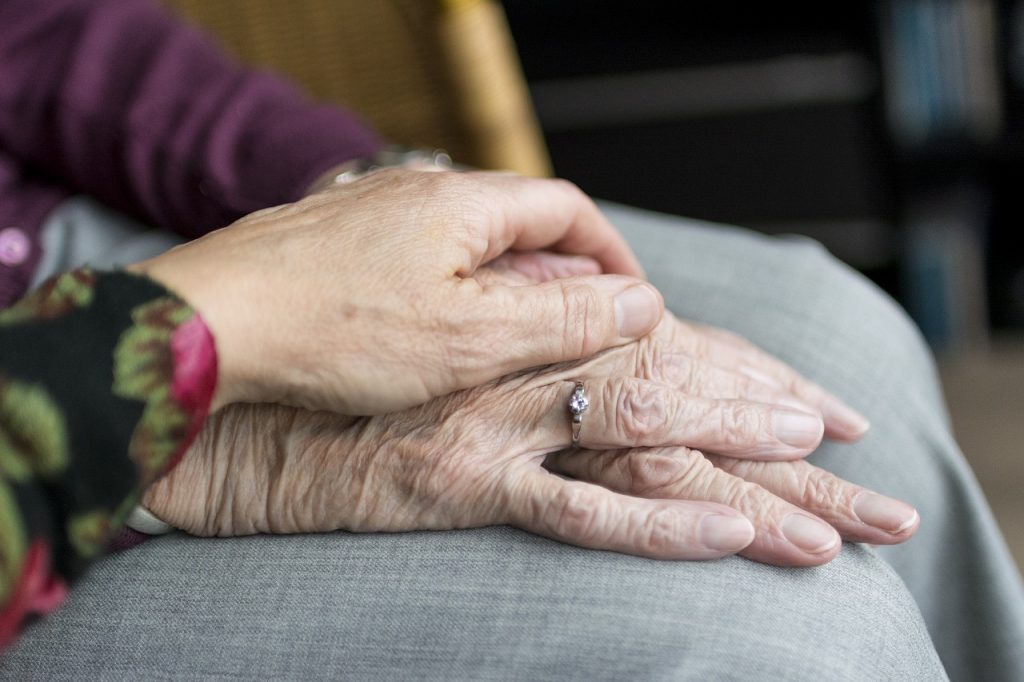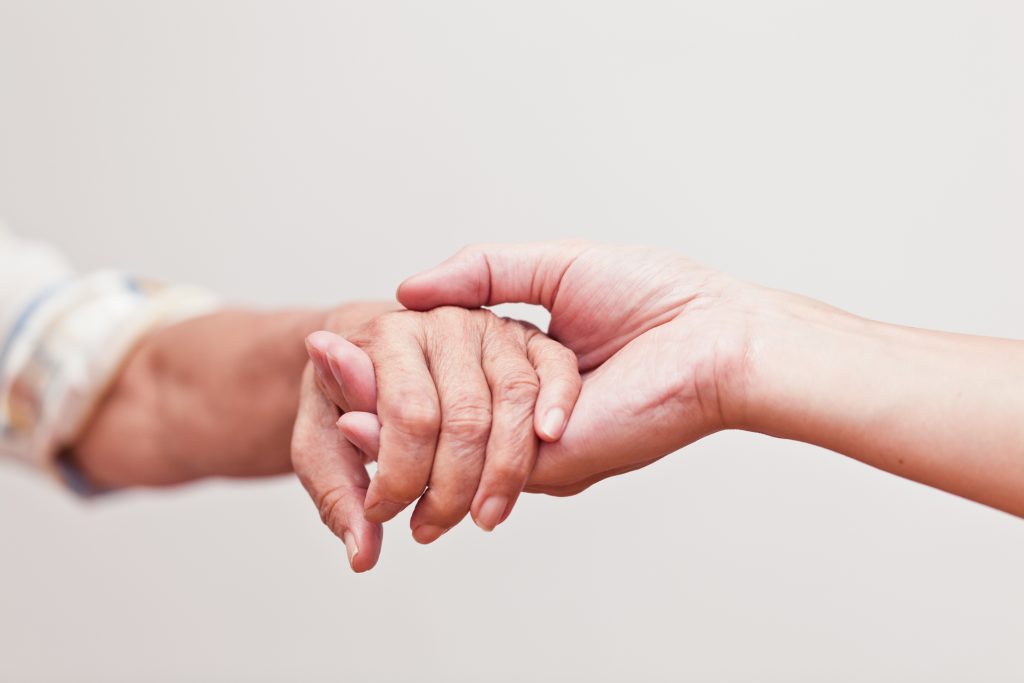The recent outbreak of COVID-19 (Coronavirus) across the world has made it clear that elderly and vulnerable people are most at risk. If you are worried that you or someone you know may be at risk, the NHS has set up a coronavirus helpline to offer advice and inform you where to go if it is deemed you do need to be tested for the virus. You can also use this helpline to inform the NHS that you are a carer.
Creating A Contingency Plan
As a carer, creating a contingency plan for yourself and the person/people you care for is important to provide clear details for what needs to be done should you fall ill yourself.
Your plan should include:
- Emergency contacts for the person you care for
- Who you would like to be contacted in the case of emergency
- The tasks you do
- Needs and behaviours of the person you care for, as well as any medication they are currently taking
- The details of any on-going medical conditions or treatment they may need
This plan should be shared with several people, as well as the person you care for if appropriate so that it is clear what needs to be done should you or the person you care for fall ill.
Protecting the people you care for
The best thing you can do for the people you care for right now is to follow the government & NHS hygiene advice.
This includes washing your hands for at least 20 seconds regularly, avoiding close contact with people who are unwell, and covering your mouth and nose with a tissue when you cough or sneeze.
Likewise, talk to the person you care for about hygiene and infection control measures they should be taking and should expect anyone who enters their home to follow as well.
Guidance for providers of residential care, supported living, and homecare
The government has released a number of guides for ensuring continued care in an outbreak of coronavirus, as well as advice for carers affected or if individuals being cared for start displaying symptoms.
Taking time off
If a medical professional (or NHS 111) has advised you to self-isolate, it’s important that you inform your employer (if you have one) as soon as possible and put your emergency plan into action.
In terms of your income, the government has promised that Statutory Sick Pay (SSP) will be granted for those in self-isolation from day one.
Benefits and welfare payments
The Department for Works and Pensions announced that from Tuesday (17.03.20), they will be suspending face-to-face assessments for sickness and disability welfare payments for three months in an effort to protect vulnerable people.
This suspension applies to personal independence payments, employment and support allowance (ESA), as well as some people on Universal Credit and industrial injuries schemes.
